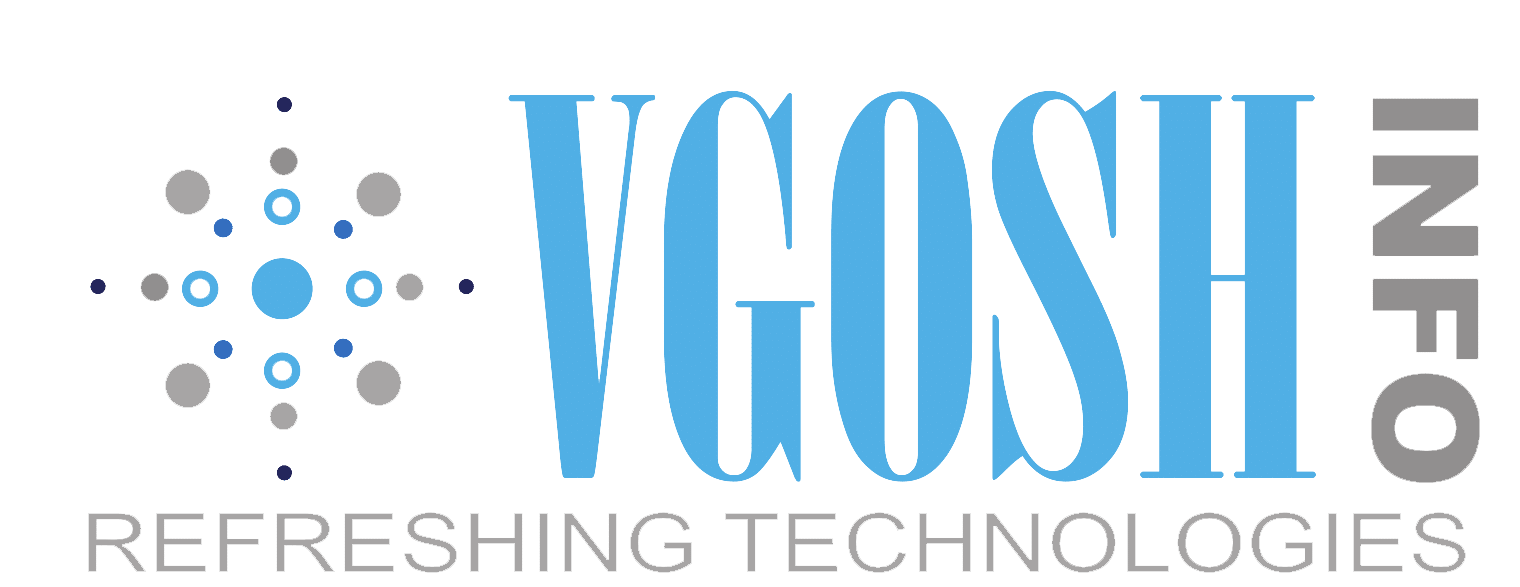Social Media Power in Singaporean Political Campaigns: A Case Study
In an era dominated by digital advancements, social media has emerged as a powerful tool, influencing various aspects of our lives, including politics. Singapore, a city-state known for its rapid technological progress and efficient governance, provides an intriguing case study of how social media has played a pivotal role in shaping political campaigns. This blog delves into the unique dynamics of Singaporean political campaigns, exploring the impact and strategies employed through various social media platforms.
The Landscape of Singaporean Politics:
Singapore’s political landscape is characterized by a dominant ruling party, the People’s Action Party (PAP), which has been in power since the nation gained independence in 1965. However, in recent years, there has been a noticeable shift in the political climate, with opposition parties gaining ground. Social media has played a significant role in this transformation, providing a platform for alternative voices and diverse opinions to be heard.
The Rise of Social Media in Singapore:
Singapore has one of the highest internet penetration rates globally, and social media platforms are widely embraced. The tech-savvy population engages actively on platforms like Facebook, Twitter, Instagram, and LinkedIn. Politicians have recognized the potential of these platforms to connect with voters, share their vision, and address concerns directly.
A Shift in Voter Engagement:
Traditionally, political engagement in Singapore was confined to rallies, door-to-door campaigns, and mainstream media coverage. However, the advent of social media has transformed the way politicians interact with the electorate. The younger demographic, in particular, relies heavily on social media for information and is more likely to be influenced by online discussions than traditional forms of political communication.
Case Study: The 2021 General Elections
The 2021 General Elections in Singapore marked a turning point in the use of social media in political campaigns. With the COVID-19 pandemic restricting physical rallies and face-to-face interactions, politicians turned to online platforms to connect with voters. The ruling PAP and opposition parties alike recognized the importance of a strong online presence.
- Facebook: The Battle for Likes and Shares
Facebook, being one of the most widely used social media platforms in Singapore, became a battleground for political parties. Candidates used the platform to share their policy proposals, engage in live Q&A sessions, and showcase their day-to-day activities. The number of likes and shares on a post became a measure of a candidate’s popularity and the resonance of their message.
- Twitter: Real-time Political Discourse
Twitter played a crucial role in fostering real-time political discourse. Politicians utilized hashtags to trend and amplify their messages. The brevity of tweets allowed for concise and impactful communication, enabling candidates to quickly respond to developments and engage with voters on a personal level.
- Instagram: Visual Storytelling in Politics
In a departure from the conventional political narrative, Instagram became a platform for visual storytelling. Candidates shared behind-the-scenes glimpses, personal stories, and visually appealing graphics to connect with voters emotionally. The platform’s emphasis on visuals allowed politicians to humanize themselves, making them more relatable to the electorate.
- LinkedIn: Professionalism in Politics
LinkedIn, a platform known for professional networking, emerged as a space for politicians to showcase their expertise and policy knowledge. Candidates published articles, engaged in thought leadership, and connected with professionals, presenting themselves as capable leaders with a deep understanding of the issues at hand.
Challenges and Controversies:
While social media has proven to be a powerful tool in political campaigns, it is not without its challenges. The spread of misinformation, the rise of online echo chambers, and the potential for cyberbullying are issues that politicians must navigate carefully. Moreover, the authenticity of online engagement remains a concern, as the number of followers and likes can be manipulated.
The Future of Social Media in Singaporean Politics:
As Singapore continues to embrace digitalization, the role of social media in politics is likely to evolve. Politicians will need to stay attuned to emerging platforms and adapt their strategies to effectively reach diverse demographics. The challenge lies in striking a balance between leveraging the power of social media and ensuring that political discourse remains informed, respectful, and inclusive.
In conclusion, The case study of social media’s impact on Singaporean political campaigns highlights the transformative power of digital communication. In a country where traditional forms of political engagement have long prevailed, social media has become a catalyst for change. As Singapore navigates the complexities of a digital age, the role of social media in politics will undoubtedly continue to shape the narrative, influence public opinion, and redefine the dynamics of political campaigns.





